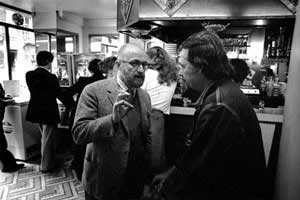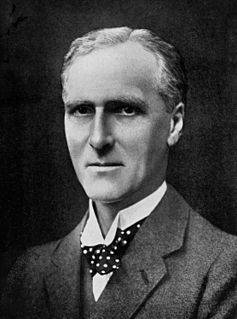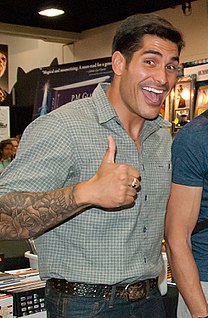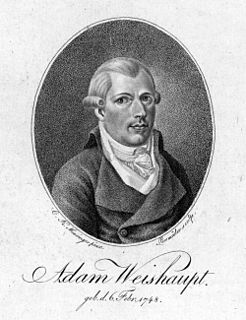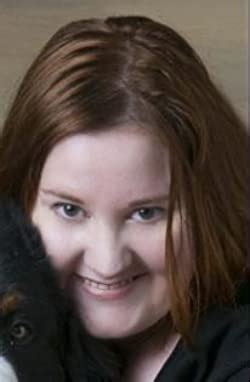A Quote by Pierre Alechinsky
Being an artist and being a teacher are two conflicting things. When I paint, my work manifests the unexpected... In teaching it's just the opposite. I must account for every line, shape and colour and I am forced to give an explanation of the inexplicable and account for the variety of styles the students present.
Related Quotes
I declare and I challenge all mankind to contradict my declaration, that no man can give any account of the order of Freemasonry, of its origin, of its history, of its object, nor any explanation of its mysteries and symbols, which does not leave the mind in total uncertainty on all these points. Every man is entitled therefore, to give any explanation of the symbols and a system of the doctrine that he can render palatable.
This is the road I have tried to follow as a teacher: living my convictions; being open to the process of knowing and being sensitive to the experience of teaching as an art; being pushed forward by the challenges that prevent me from bureaucratizing my practice; accepting my limitations, yet always conscious of the necessary effort to overcome them and aware that I cannot hide them because to do so would be a failure to respect both my students and myself as a teacher.
A teacher who can show good, or indeed astounding results while he is teaching, is still not on that account a good teacher, for it may be that, while his pupils are under his immediate influence, he raises them to a level which is not natural to them, without developing their own capacities for work at this level, so that they immediately decline again once the teacher leaves the schoolroom.
Because Ivy [Wilkes] is just starting out as an artist, I wanted to focus on [Georgia] O'Keeffe's experiences when she was just starting out. I suspect there is a difference between being an unknown artist and being a celebrated artist. When nobody knows your work, nobody except you really cares whether or not you paint.
The purpose of studying Buddhism is not to study Buddhism, but to study ourselves. That is why we have teaching. But the teaching is not ourselves. It is some explanation of ourselves. To study the teaching is to know yourselves. That is why we do not ever attach to the teaching, or to the teacher. The moment you meet a teacher you should leave the teacher, and you should be independent. You want a teacher so that you can be independent. So you study yourselves. You have the teacher for yourselves, not for the teacher.
Being behind the camera you have control; you have the ability to make decisions for characters, for where the story line's going to go, how you want to put it out there, how you want to edit it. Acting is like where you paint on the canvas, and being behind the camera is like being either the paint or the paintbrush. They're both a part of the creative process, it's just that they have two different functions.
The play account rule is that it must be spent every month. That's right! Each month you have to blow all the money in that account in a way that makes you feel rich. For example, imagine walking into a massage center, dumping all the money from your account on the counter, pointing to the massage therapists, and saying, "I want both of you on me. With the hot rocks and the frickin' cucumbers. After that, bring me lunch!"
